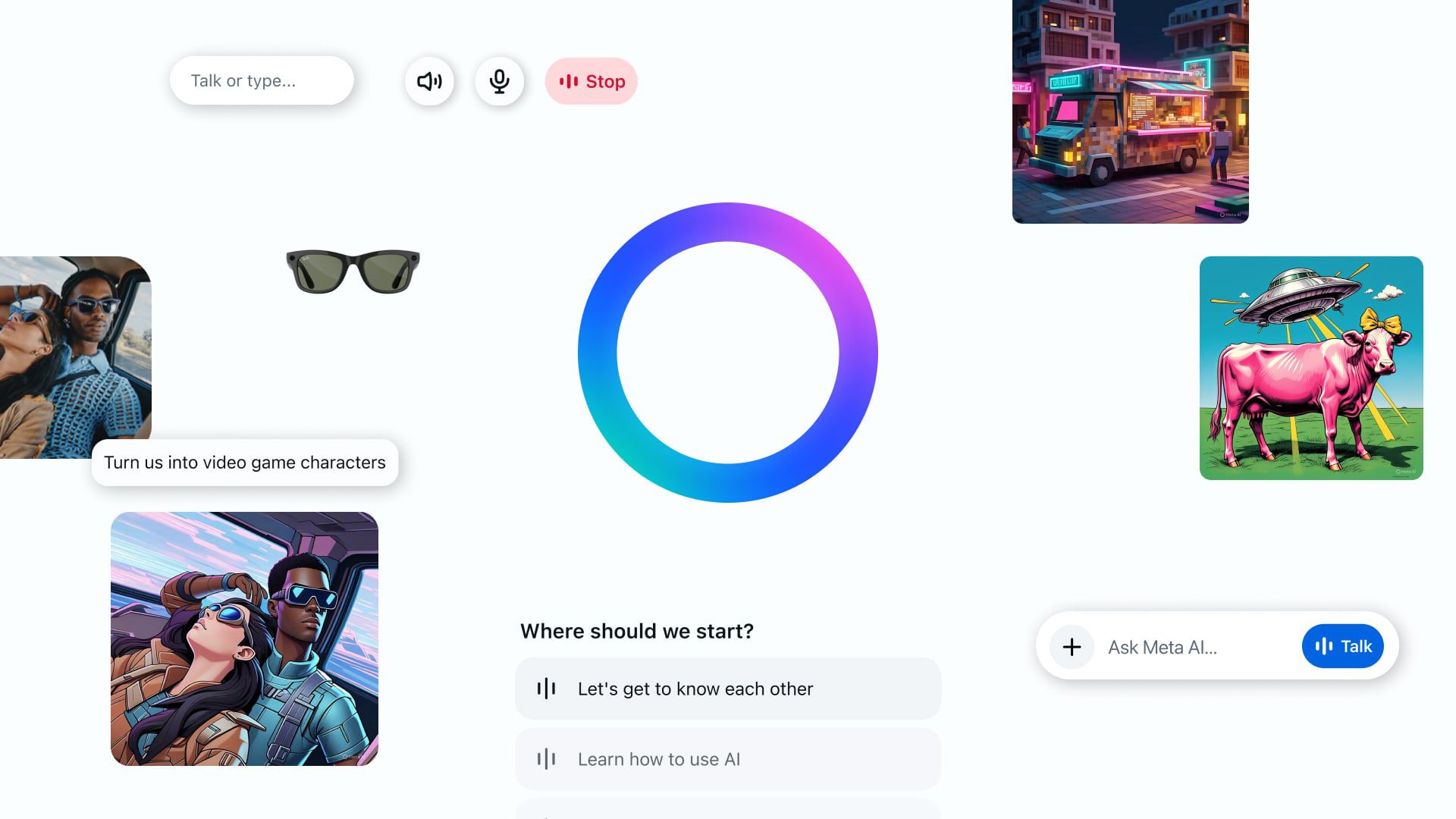How can you make sure you are implementing the right software?
I've found one of the best ways is to use Domain-Driven Design (DDD) - a software development approach that emphasizes close collaboration between business and developers through a common language that both can understand. Here are the main benefits of DDD: 1️⃣ Shared Language: Using ubiquitous language eliminates translation between business and technical terms. Practically this means not using terminology in your business logic code that a business person would not be able to understand. 2️⃣ Business-Centric Models: DDD forces developers to model software around business concepts. 3️⃣ Clear Boundaries: Defining bounded contexts helps organize large systems into manageable pieces and identify parts that can become their own product or identify non-core domains that can be bought elsewhere instead of developing in-house. However, DDD is not mainstream at all in the software community, in a large part I think due to deeply-engrained organizational practices that create silos between devs and business. The real value of DDD isn't in its technical patterns but in how it structures communication. When business stakeholders can read your business logic code and understand the behaviour, you're probably on the right track. Two great books to learn more: Domain-Driven Design: Tackling Complexity in the Heart of Software by Eric Evans, the author of DDD. This is more of an all-rounder introduction. Implementing Domain-Driven Design by Vaughn Vernon. This is more of a practical guide with many code samples and patterns.
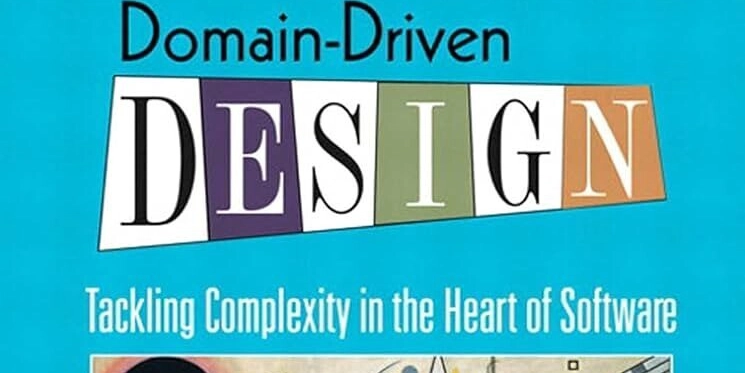
I've found one of the best ways is to use Domain-Driven Design (DDD) - a software development approach that emphasizes close collaboration between business and developers through a common language that both can understand.
Here are the main benefits of DDD:
1️⃣ Shared Language: Using ubiquitous language eliminates translation between business and technical terms. Practically this means not using terminology in your business logic code that a business person would not be able to understand.
2️⃣ Business-Centric Models: DDD forces developers to model software around business concepts.
3️⃣ Clear Boundaries: Defining bounded contexts helps organize large systems into manageable pieces and identify parts that can become their own product or identify non-core domains that can be bought elsewhere instead of developing in-house.
However, DDD is not mainstream at all in the software community, in a large part I think due to deeply-engrained organizational practices that create silos between devs and business.
The real value of DDD isn't in its technical patterns but in how it structures communication.
When business stakeholders can read your business logic code and understand the behaviour, you're probably on the right track.
Two great books to learn more:
- Domain-Driven Design: Tackling Complexity in the Heart of Software by Eric Evans, the author of DDD. This is more of an all-rounder introduction.
- Implementing Domain-Driven Design by Vaughn Vernon. This is more of a practical guide with many code samples and patterns.















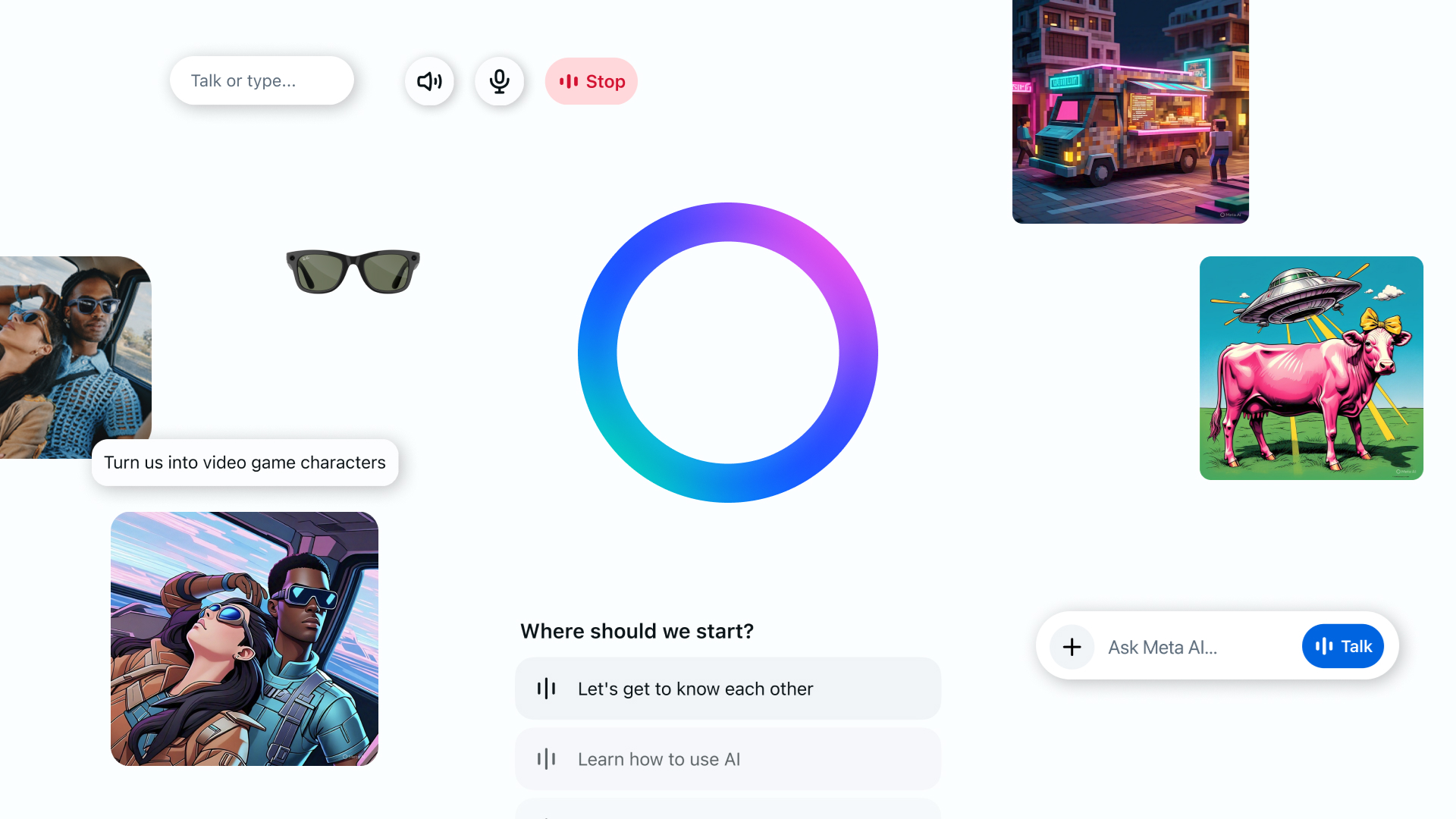














































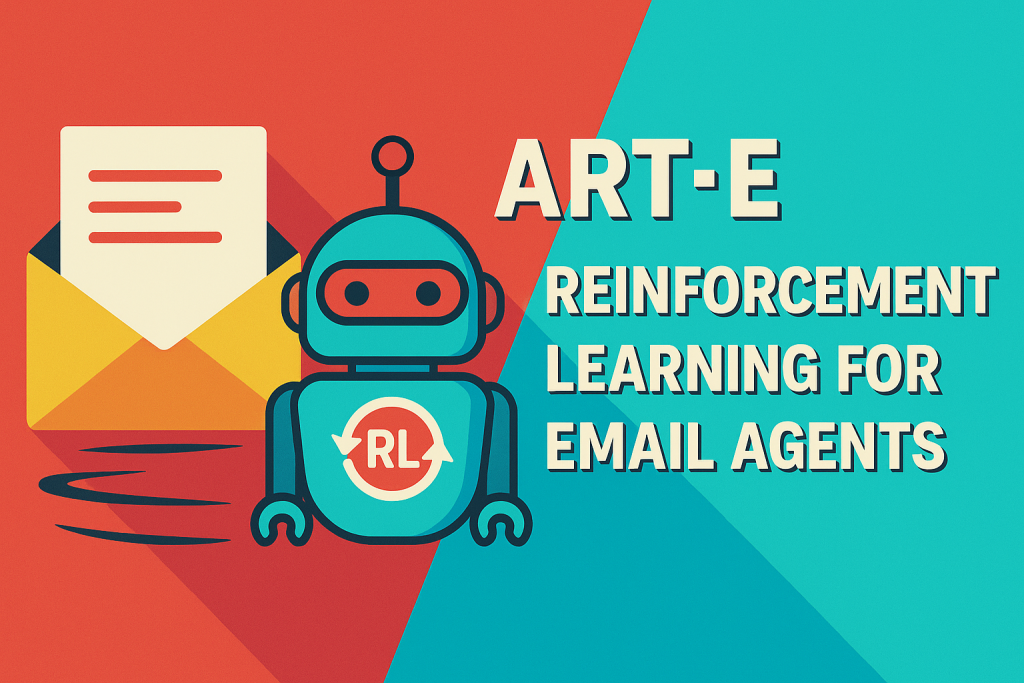






































































































![[The AI Show Episode 145]: OpenAI Releases o3 and o4-mini, AI Is Causing “Quiet Layoffs,” Executive Order on Youth AI Education & GPT-4o’s Controversial Update](https://www.marketingaiinstitute.com/hubfs/ep%20145%20cover.png)















































































































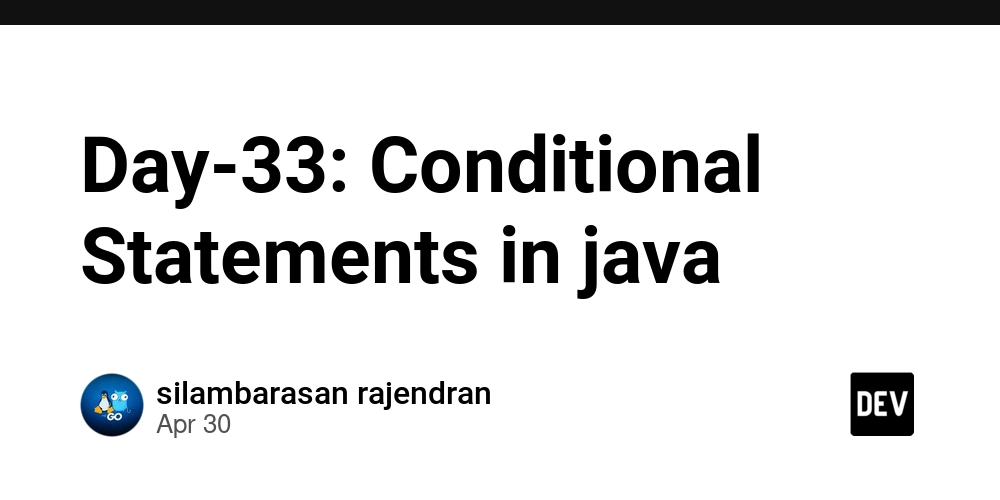























































































































































_NicoElNino_Alamy.jpg?width=1280&auto=webp&quality=80&disable=upscale#)





















































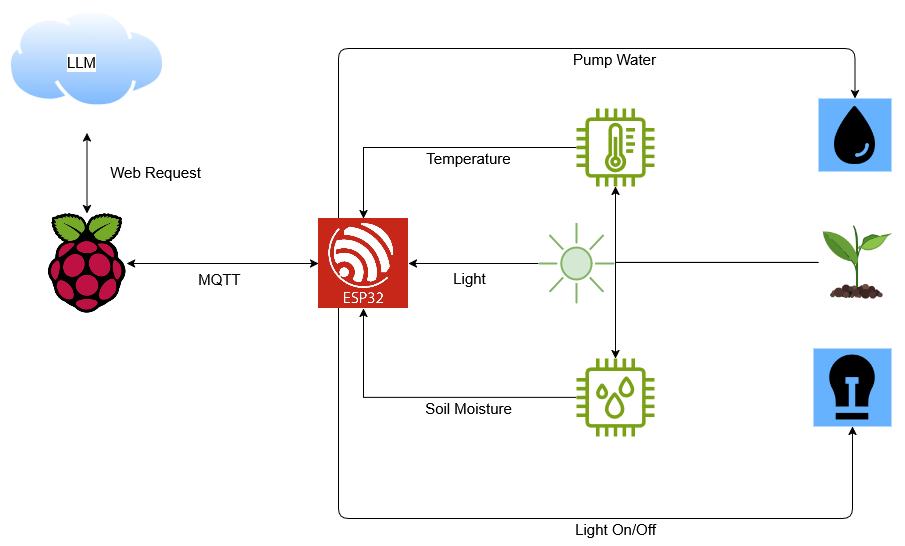









































![Craft adds Readwise integration for working with book notes and highlights [50% off]](https://i0.wp.com/9to5mac.com/wp-content/uploads/sites/6/2025/04/craft3.jpg.png?resize=1200%2C628&quality=82&strip=all&ssl=1)















![Apple Restructures Global Affairs and Apple Music Teams [Report]](https://www.iclarified.com/images/news/97162/97162/97162-640.jpg)
![New iPhone Factory Goes Live in India, Another Just Days Away [Report]](https://www.iclarified.com/images/news/97165/97165/97165-640.jpg)








































